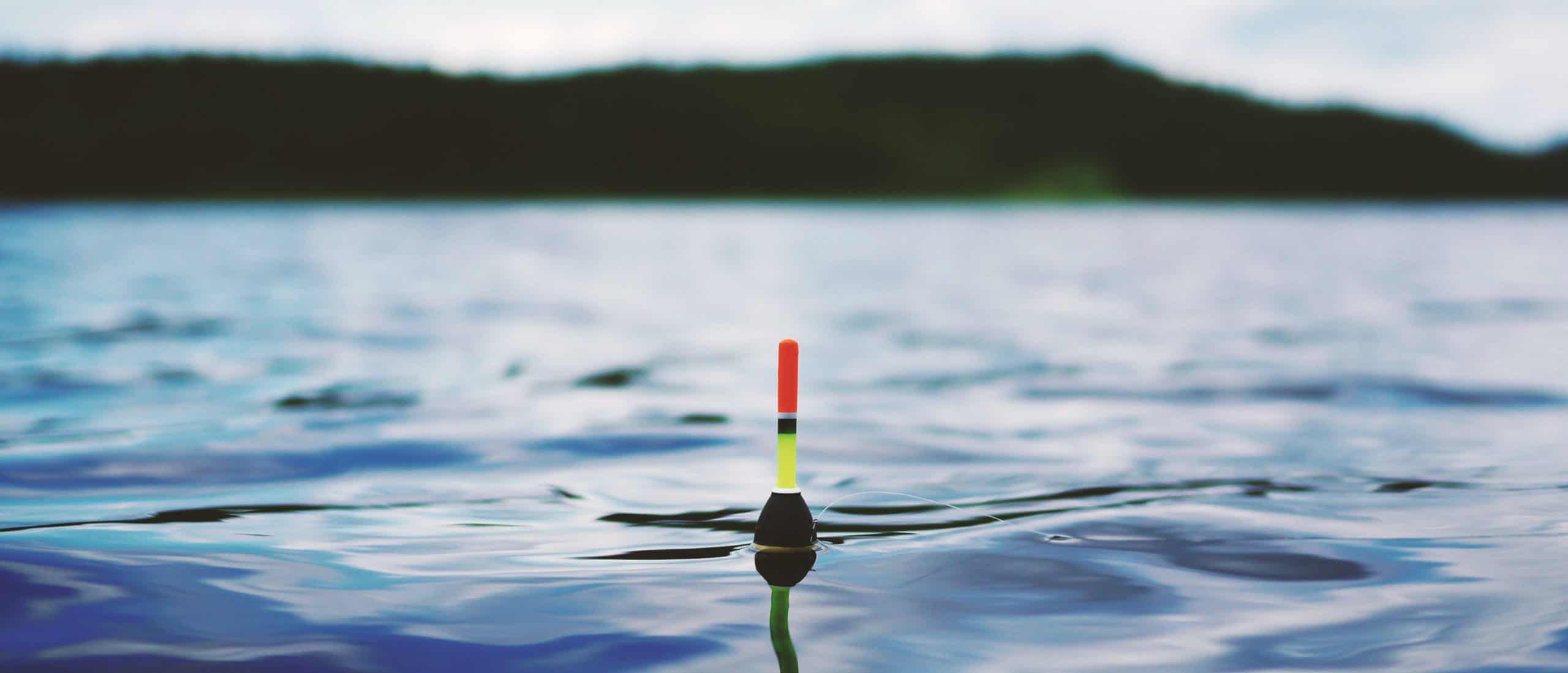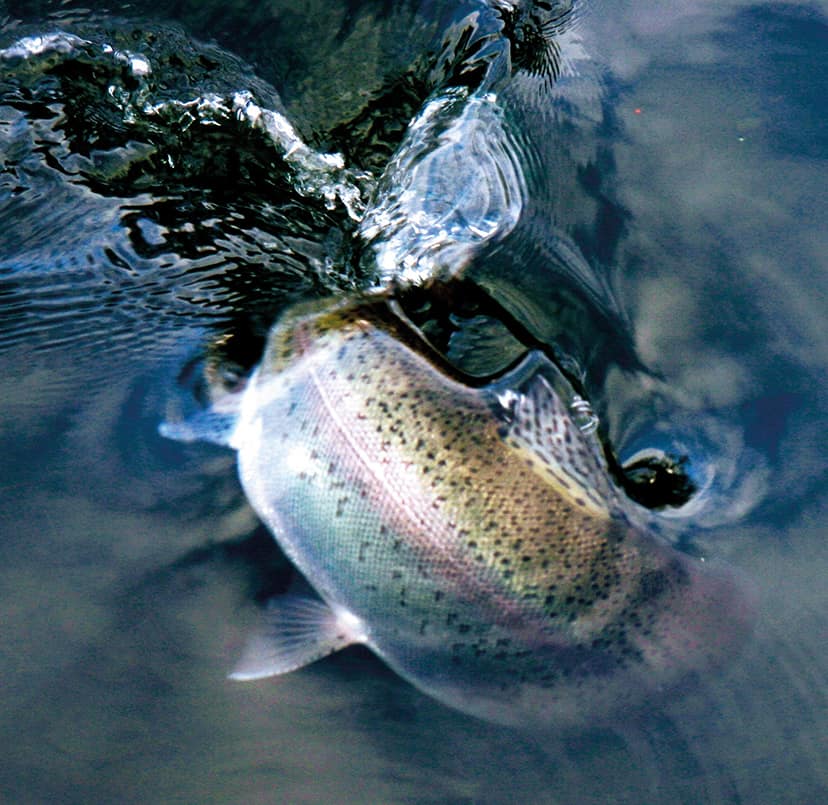Fishing is a reel-ly big pull for millions of people and what can be better than sitting by the river in the sunshine – you never know what you’ll catch!
If I asked you what the UK’s biggest participation sport was, how many of you would shout back ‘fishing’? There are around three million anglers who regularly take up their rods and tackle and cast their lines.
It is in fact the sixth biggest sport overall, behind armchair supporting of football and rugby and its popularity has grown among children and younger people with bragging rights to friends evidenced with pictures posted on Twitter and Instagram.

Children will often make a weekend of it, frequently with dad in tow, and camp overnight using set-ups of two or three rods.
It’s one of the very few sports open to all, whatever your age, cultural or social background – we can all enjoy spending time by the riverbank waiting for that pull on the line.
And who’d have thought such a simple action could bring such joy – whether you’re going fishing with your dad for the first time or are a more experienced angler now taking your grandchild for his fishing debut, there’s nothing like getting a bite.
So what is the fascination?
There’s not the contact between participants you get with football or cricket; angling pits participants against the river, lake, canal or the sea.
Angling is difficult to understand or follow for spectators because the degree of success is rarely visible, there’s no ball over the line or in the hole to celebrate but the sense of satisfaction when a fish is dangling from the line is more than reward for the patient wait.

The major advantage for angling is its broad base, with few boundaries. There are no age, gender, race, social class or physical ability barriers, and an angling session can last for as long, or as short, as you want. Anglers can fish competitively or merely catch whatever fish happen to come along. Some choose to go with family or friends, while others choose to fish alone – however you choose to do it it’s the perfect pastime for social distancing.
Fun fishy facts
Many fish – such as carp, chub and minnow – appear to have no teeth but in fact have teeth in their throats, called pharyngeal teeth.
Catfish, a non-native species in UK, has a whopping 27,000 taste buds compared to just 7,000 in humans.
The eel is the only UK freshwater fish that can swim backwards.









